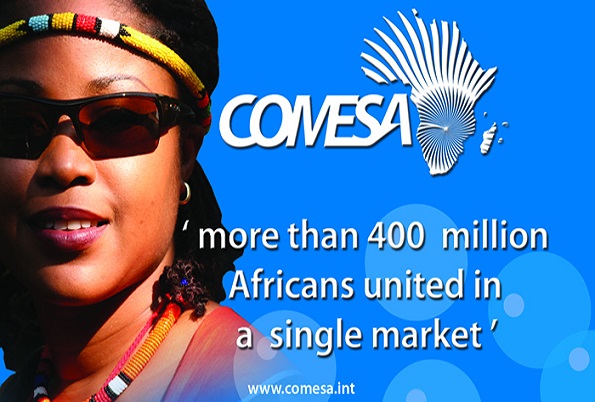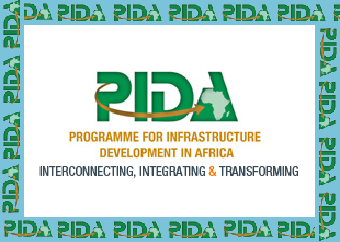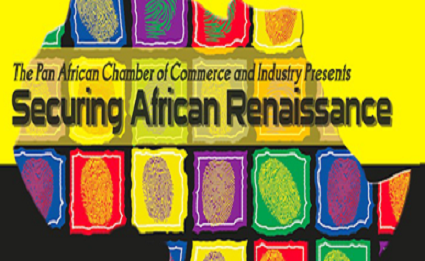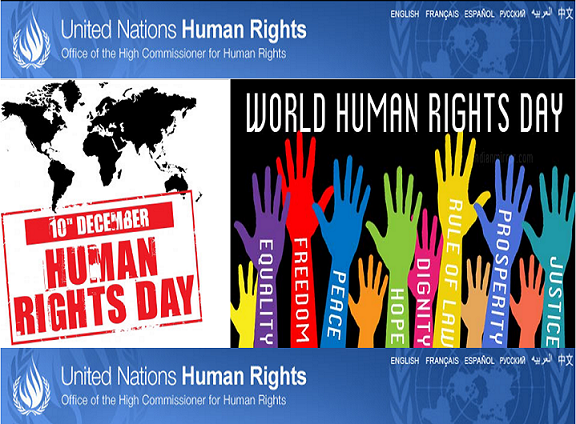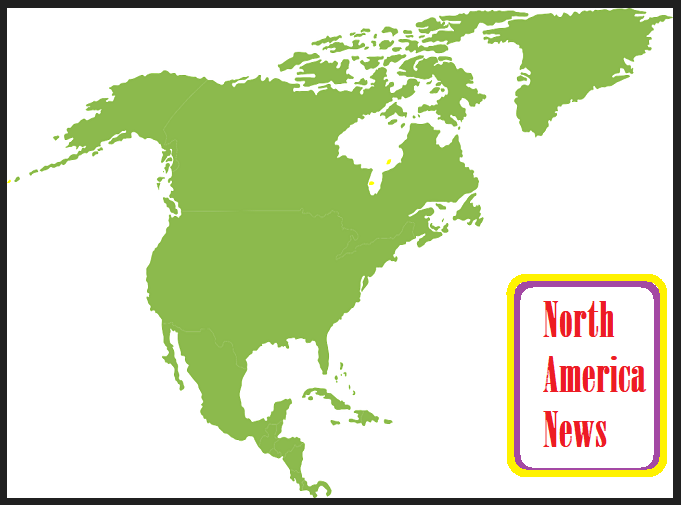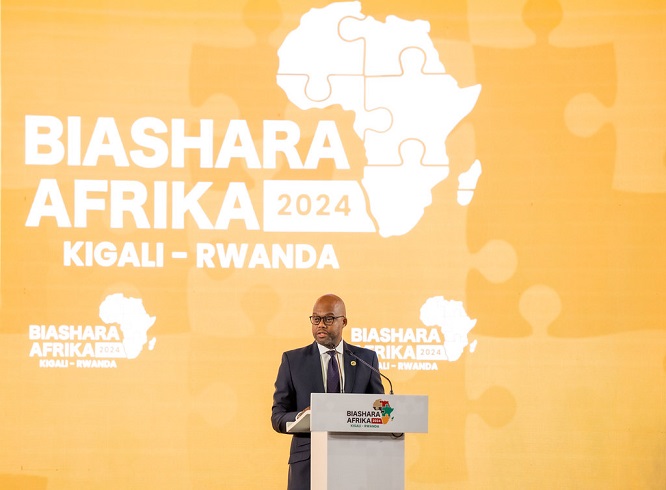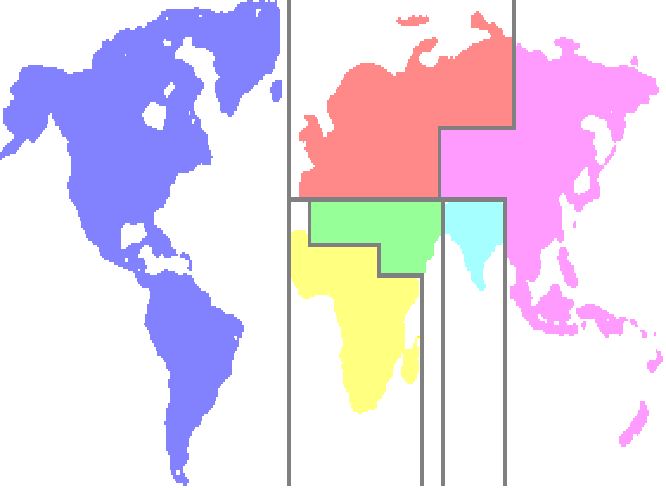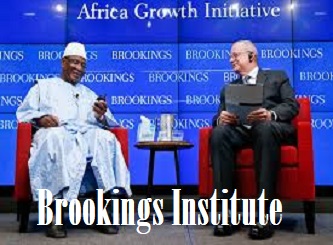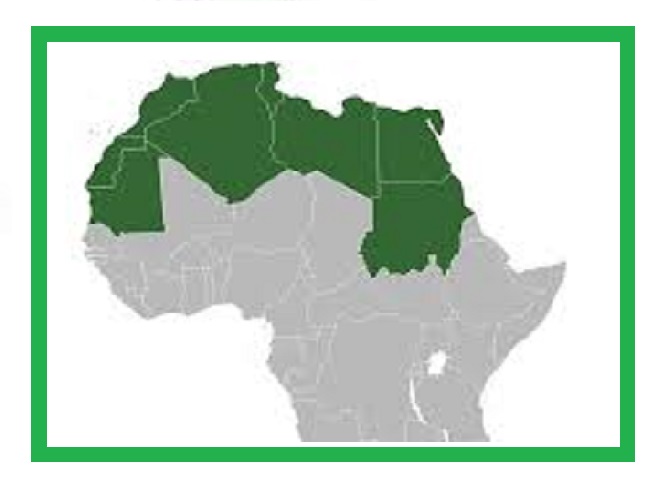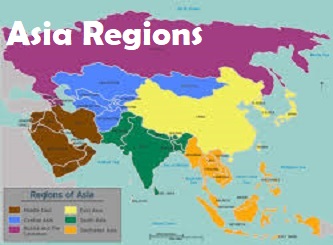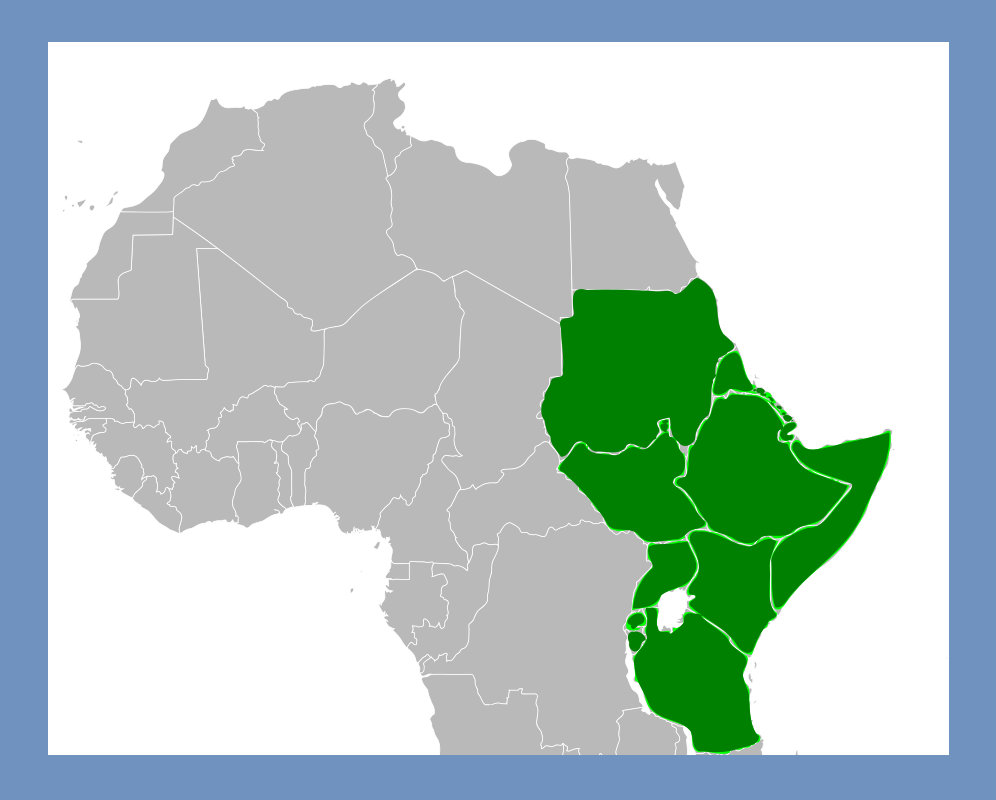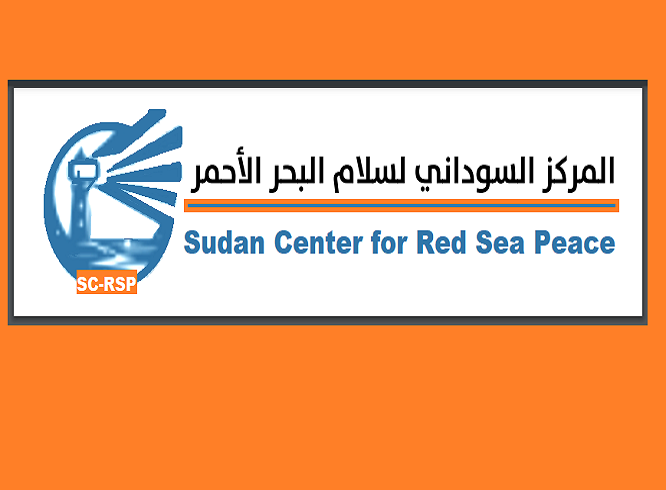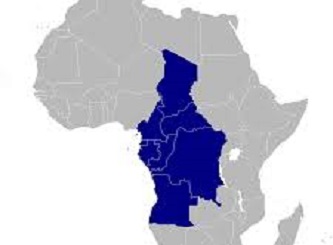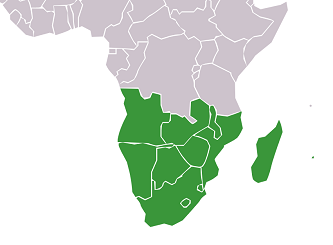USAID Suspension: A Shift Africa Cannot Ignore

The sudden halt of USAID funding in several African nations has left critical programs stranded and communities exposed. Schools that once relied on these funds to stay open now face uncertainty. Hospitals accustomed to steady medical supplies are confronting shortages. The impact is immediate, and the consequences are stacking up fast.
For years, USAID has funneled billions into Africa’s development, propping up projects in health, education, and infrastructure. With funding pulled, the cracks are starting to show. Organizations focused on integrating children with disabilities into schools have seen their budgets wiped out overnight. Across the continent, similar programs are struggling to stay afloat, with losses already reaching the hundreds of thousands. This withdrawal is more than just an economic shift. It is a disruption that threatens to undo years of progress.
But the question of reliance now looms heavier than ever. Africa has long operated in a system where foreign aid is a default solution, but each dollar has always come with conditions. The end of USAID’s support may be a wake-up call, forcing a shift toward internal economic strength. The African Continental Free Trade Area was established for this very reason, offering a path to economic self-sufficiency by strengthening intra-African trade. Nations like Ghana are already seeing the potential, with experts pointing to local industries, particularly in staple crops, as key drivers of a sustainable economy.
This is not just a funding gap. It is a crossroads. Either African nations find new external lifelines, or they use this moment to break the cycle, reinforcing systems that do not crumble when foreign interests change course.


